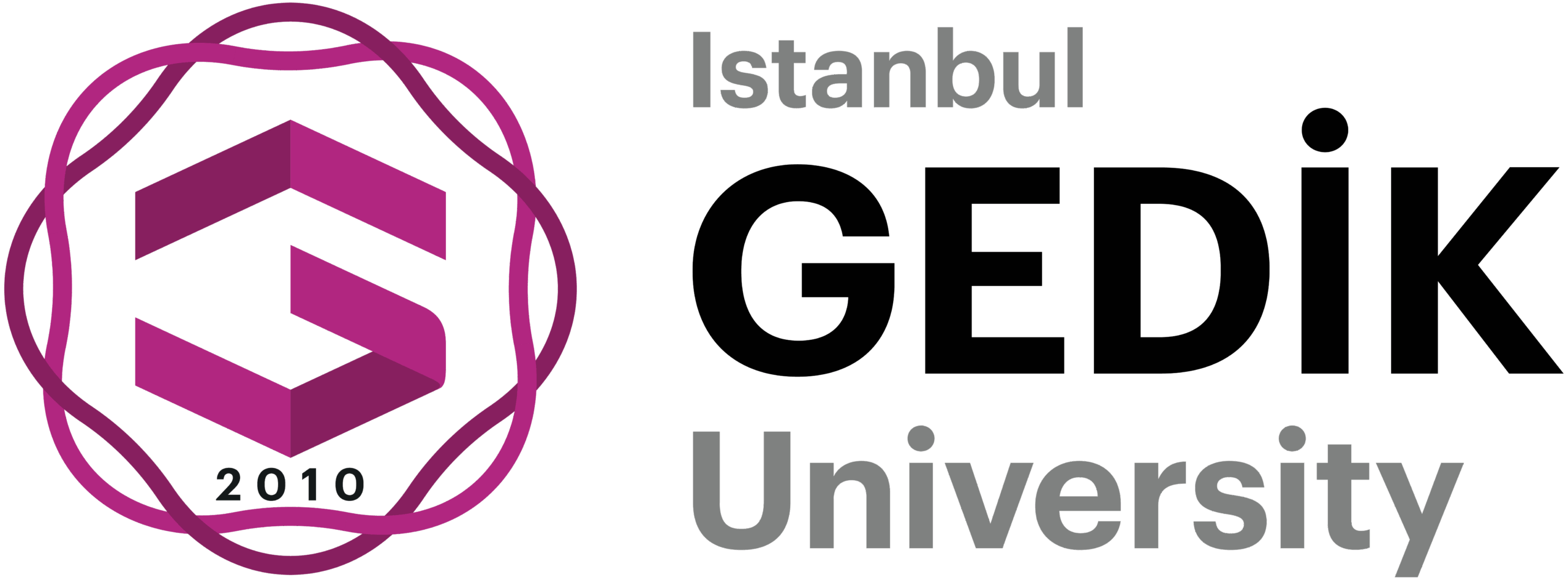Istanbul Gedik University Vocational School Non-Destructive Testing (NDT) Program offers hands-on training with a specialized academic team and the accredited laboratories of the Gedik Education Foundation, which provides extensive resources in the field of Non-Destructive Testing. The associate degree in the Non-Destructive Testing Program spans 2 years.
Non-destructive testing (NDT) is a type of inspection that assesses the integrity of a material or component without damaging it. The Non-Destructive Testing Program is a field of science and technology aimed at examining and interpreting the internal structure of materials using appropriate materials and methods. It assesses the quality and suitability of products for use in various industrial sectors. Aspiring NDT technicians should have an interest in chemistry and physics, possess analytical thinking skills, and demonstrate good manual dexterity.
Career Opportunities
Graduates of the Non-Destructive Testing Program have job opportunities in a wide range of fields, including aerospace, defense, machinery manufacturing, and quality control companies. Additionally, there is a growing demand for program graduates in diverse industries such as power plants, wind turbines, steel construction, chemical-petrochemical, refineries, nuclear power plants, bridge and metro construction, airport construction, and more.
Objective
The goal of the Non-Destructive Testing Program at Gedik University Vocational School is to meet the industry’s need for qualified personnel by providing comprehensive training in Non-Destructive Testing and keeping up with the latest advancements in NDT technology.
Aim
The Non-Destructive Testing Program at Gedik University Vocational School aims to equip students with a complete set of skills and knowledge in non-destructive testing technology, while also ensuring proficiency in fundamental metallurgical and materials science. Students are trained not only in practical applications but also in the theoretical knowledge required to master their profession.
Program Objective
Non-destructive testing is an inspection method performed without compromising the integrity of the material or component being tested. The NDT Program is a field of science and technology that focuses on examining and interpreting the internal structure of materials using appropriate materials and methods, to assess their quality before they are used in various industrial fields.
Non-destructive testing methods are used to detect discontinuities within materials or on their surfaces. Beyond defect detection, NDT is also used to measure the amount of material within a closed substance, assess coating thickness on metal surfaces, inspect mounted components, and in radar systems. In Ultrasonic Testing and Industrial Radiography, high-energy, short-wavelength waves like ultrasonic sound waves, X-rays, or gamma rays are used to conduct tests on the specific areas being inspected.
Who Can Apply?
Candidates interested in becoming NDT technicians should have a strong interest and aptitude in chemistry and physics, analytical thinking skills, and good manual dexterity.
Post-Graduation Career Paths
Job opportunities for graduates of the NDT Program include sectors such as aerospace, defense, machinery manufacturing, and quality control firms. Additionally, there is a high demand for NDT program graduates in fields like power plants, wind turbines, steel construction, chemical-petrochemical plants, refineries, nuclear power plants, bridge and metro construction, and airport construction.
Vertical Transfer Options
Graduates may transfer to programs such as:
- Materials Science and Engineering
- Materials Engineering
- Nanotechnology Engineering
- Metallurgy and Materials Engineering
It is also possible to pursue a Double Major with the Welding Technology Program.
MEDEK Accreditation
The Non-Destructive Testing Program at Istanbul Gedik University has successfully completed the external evaluation process conducted by MEDEK (Association for the Evaluation and Accreditation of Vocational Education) and has been accredited.
This accreditation certifies that the program’s educational quality meets nationally recognized standards.


